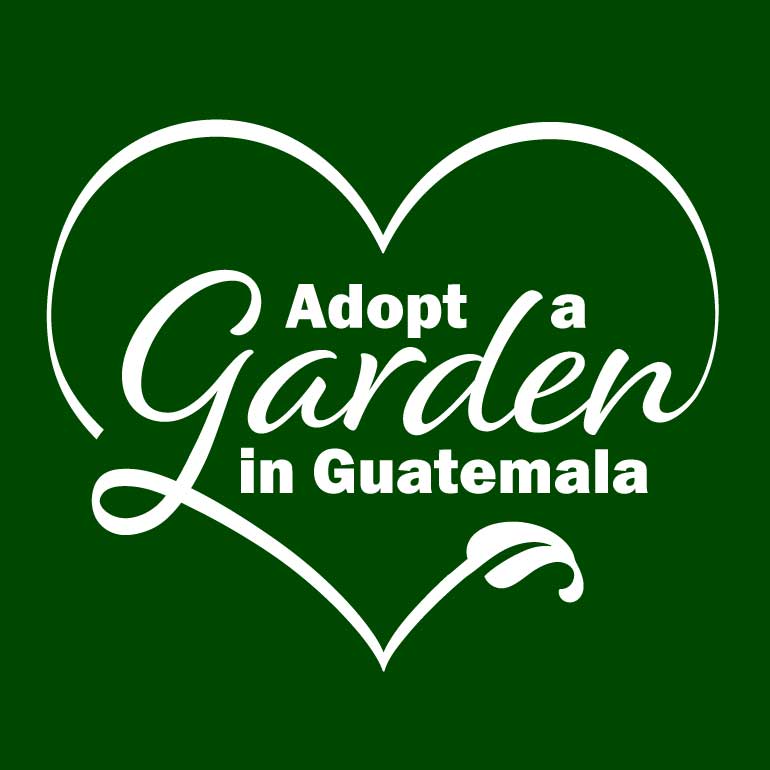Who we are:
JoAnn Paulsen, our project manager, lived in Guatemala for many years until an accident took her back to her home in Phoenix Arizona. Now that her health is restored she is moving back to Guatemala in order to oversee the building of the Gardens and to help the people there learn to grow their food for years to come. Joann has spent most of her life donating her time and money to the people in Guatemala and they are near and dear to her heart. Because she speaks their native language and knows the land and the people well, she is a great advocate for them. For years Joann supported the artists in Guatemala by purchasing their art and selling it in the States. She sold Worry Dolls and Huipils as well as hand-carved Nativity Scenes. A portion of her sales would go back to Guatemala to help the artists and their families as well as other charities that feed, clothe, and educate people in need.

What We Do:
We focus on a range of activities and initiatives to support gardens and gardening practices in Guatemala, especially in underserved communities. Here’s a list of some of the ways we help.
By engaging in these activities, a Guatemalan garden charity can make a significant positive impact on the lives of Guatemalan communities, addressing issues related to food security, nutrition, income generation, and environmental sustainability.
